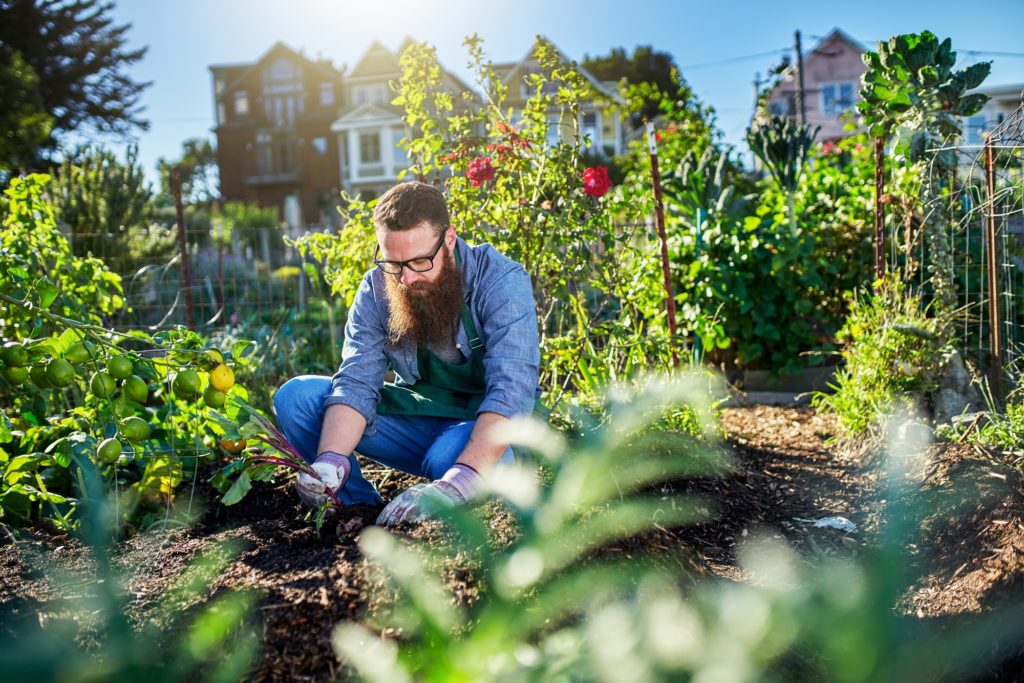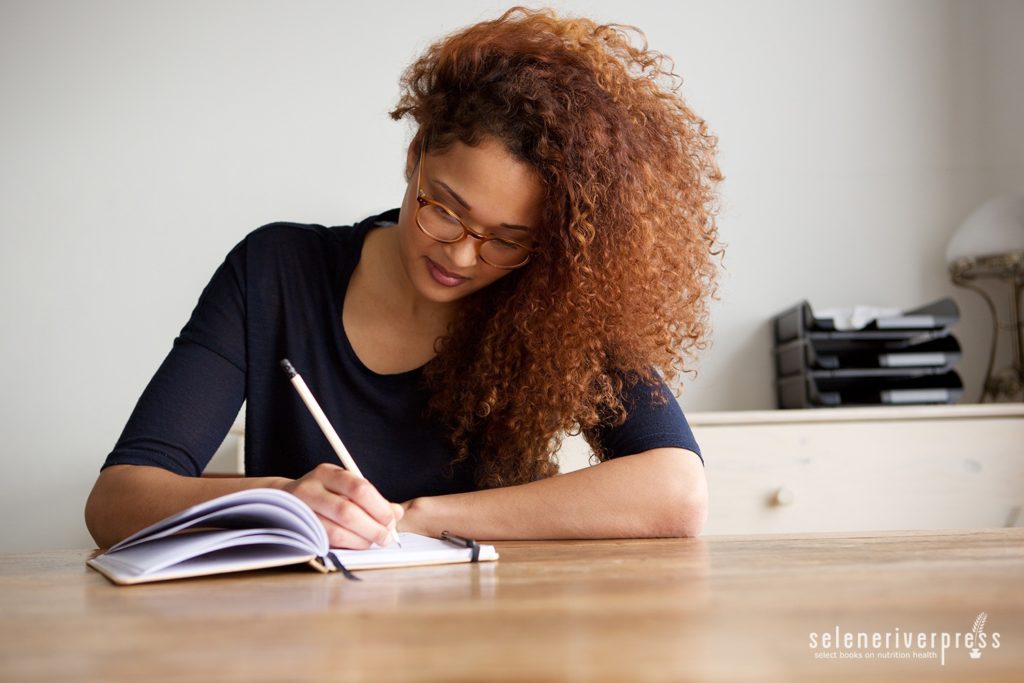In many parts of the world, meditation has been around for a really, really, really long time. But in our neck of the woods, the practice has achieved darling status only recently. And now that it has, the people I come across tend to run in one of two circles: the “I do-ers” and the “I can’t-ers” (remember, we make up words around here all the time). Rarely do you meet a “casual” meditator, right?
Well, I’m here to tell you “I can’t-ers” that you may be meditating without even realizing it. How is that possible, you ask? Before you go claiming that you never sit criss-cross applesauce while trying to clear your mind, hear me out. Meditation is a way of training your brain to focus. It’s about achieving awareness of the here and now and making the connection between the mind and body. And I believe we do this throughout our day, at least to some degree, whether we intend to or not.
Think about it. Chances are, some of your pastimes share the same qualities that make meditation so beneficial. Here are just a few examples:
Gardening requires that you focus on what needs to be done right now, whether it’s weeding, planting, or harvesting. Getting lost in these tasks is a perfect way to get into a zone of awareness, so it’s no wonder that gardening is good for our mental health. But this beloved hobby will also give you the health benefits of physically digging in the dirt. So remember, whether you’re growing vegetables or flowers, the next time you’re down on your knees in your garden, you may just be meditating without even realizing it. 
Walking has a beautiful rhythm to it. Almost hypnotic, in my experience. It’s easier to focus on this rhythm when you’re walking on your own, and I make a point of doing just that pretty regularly. I focus on my breath, the cadence of my feet hitting the ground, or the sound of the birds singing. A real mind-body connection happens when you’re out for a walk. And if you’re engaging in a physical activity that allows you to tune out everything else, you’re meditating without even realizing it.
Journaling is a great way to calm your swarming thoughts by giving them a new home—your favorite notebook. Keeping a journal allows you to get your emotions in-check and focus your mind on what’s truly important. It’s a very personal endeavor, not to be edited, shared, or even revisited. The simple act of putting pen to paper and writing down whatever flows can be a powerful tool for focus and awareness. If journaling is part of your daily routine, you just might be meditating and not even know it.
These alternative modes of meditation may not satisfy the purists out there. However, we self-healthers know that as long as we find a method that works for our own lifestyles, we’ll still reap the same benefits of a more traditional meditation practice: lower blood pressure, less stress/anxiety, lower cortisol levels, improved blood circulation, and the list goes on and on.
So stop believing that that only way to meditate is by sitting quietly in a room with your eyes closed—and start acknowledging all of the ways you’re meditating without even realizing it.
Images from iStock/m-imagephotography (main), rez-art (post).



